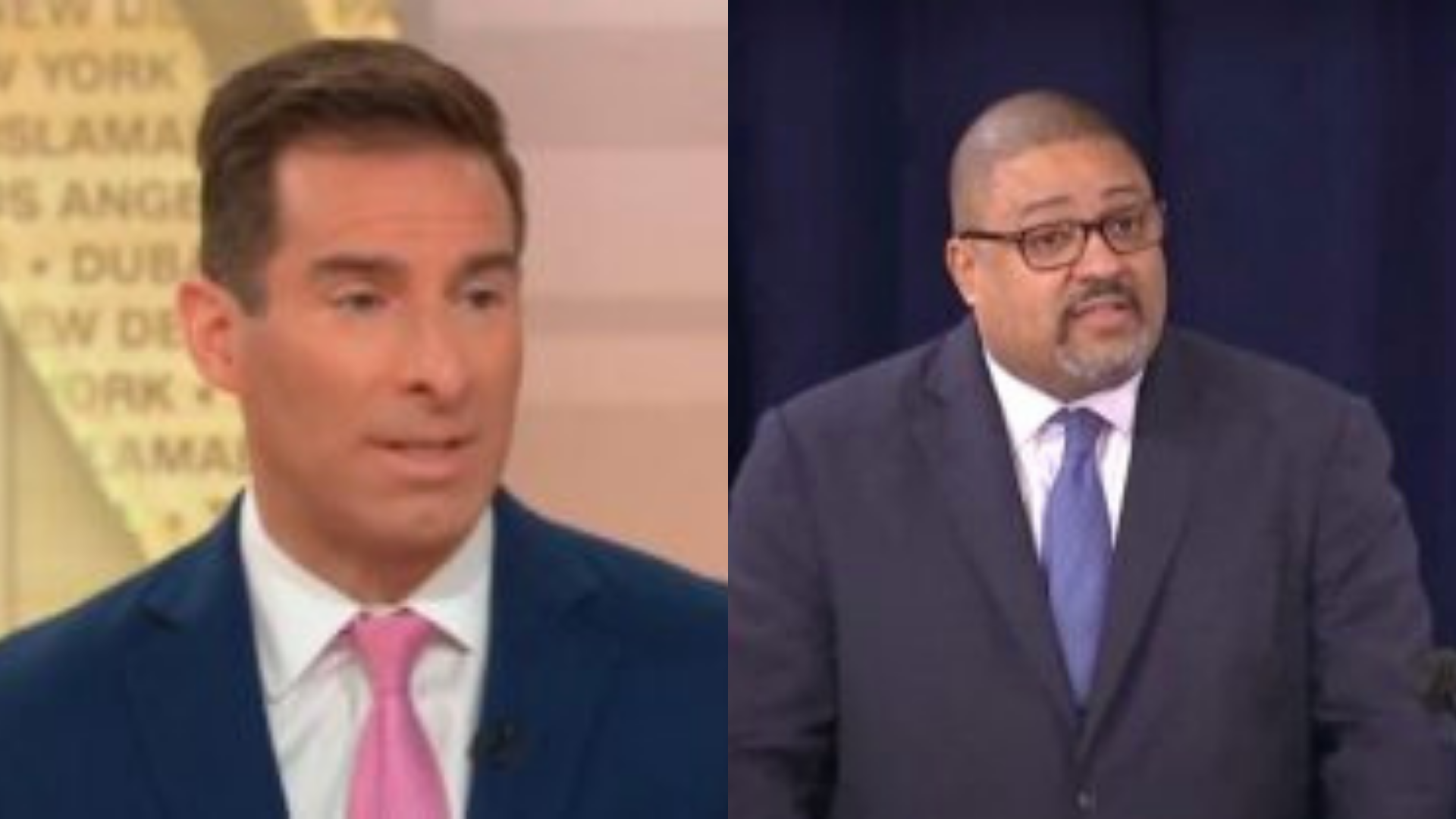Elie Honig Skewers Alvin Bragg for Bringing ‘Ill-Conceived, Unjustified Mess’ of a Case Against Trump

CNN senior legal analyst Elie Honig skewered Manhattan District Attorney Alvin Bragg in a new column reacting to Donald Trump’s conviction on Thursday, calling the case that led to it an “ill-conceived, unjustified mess.”
Under the headline “Prosecutors Got Trump — But They Contorted the Law,” Honig systematically took apart Bragg’s case.
“Reasonable minds could have come out either way, and this jury found that the prosecution carried its burden of proof beyond a reasonable doubt. The jury’s work, and their verdict, deserve respect,” he began. “But that doesn’t mean that every structural infirmity around the Manhattan district attorney’s case has evaporated. Both of these things can be true at once: The jury did its job, and this case was an ill-conceived, unjustified mess.”
He continued:
Sure, victory is the great deodorant, but a guilty verdict doesn’t make it all pure and right. Plenty of prosecutors have won plenty of convictions in cases that shouldn’t have been brought in the first place. “But they won” is no defense to a strained, convoluted reach unless the goal is to “win,” now, by any means necessary and worry about the credibility of the case and the fallout later.
The former prosecutor went on to criticize Bragg, who he calls a friend and former colleague, for campaigning on going after Trump, for misleading the public about whether the case was “commonplace” or not, and for hiding the ball on the underlying felony crime used to resurrect expired misdemeanors.
“In these key respects, the charges against Trump aren’t just unusual. They’re bespoke, seemingly crafted individually for the former president and nobody else,” wrote Honig. “The Manhattan DA’s employees reportedly have called this the ‘Zombie Case’ because of various legal infirmities, including its bizarre charging mechanism. But it’s better characterized as the Frankenstein Case, cobbled together with ill-fitting parts into an ugly, awkward, but more-or-less functioning contraption that just might ultimately turn on its creator.”
“‘No man is above the law.’ It’s become cliché, but it’s an important point, and it’s worth pausing to reflect on the importance of this core principle,” concluded Honig. “But it’s also meaningless pablum if we unquestioningly tolerate (or worse, celebrate) deviations from ordinary process and principle to get there. The jury’s word is indeed sacrosanct, as I learned long ago. But it can’t fix everything that preceded it. Here, prosecutors got their man, for now at least — but they also contorted the law in an unprecedented manner in their quest to snare their prey.”





Comments
↓ Scroll down for comments ↓